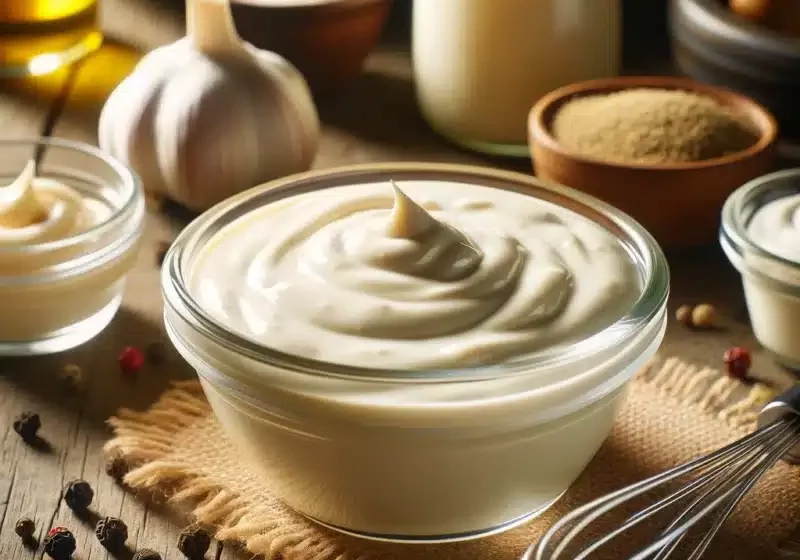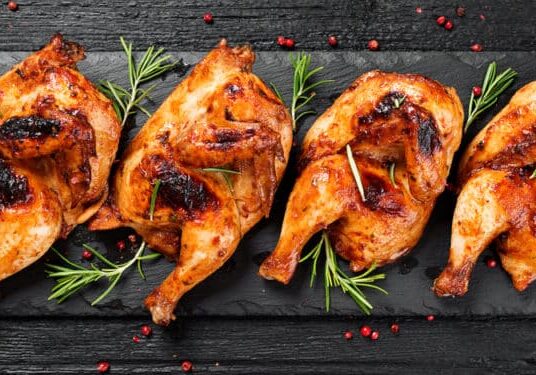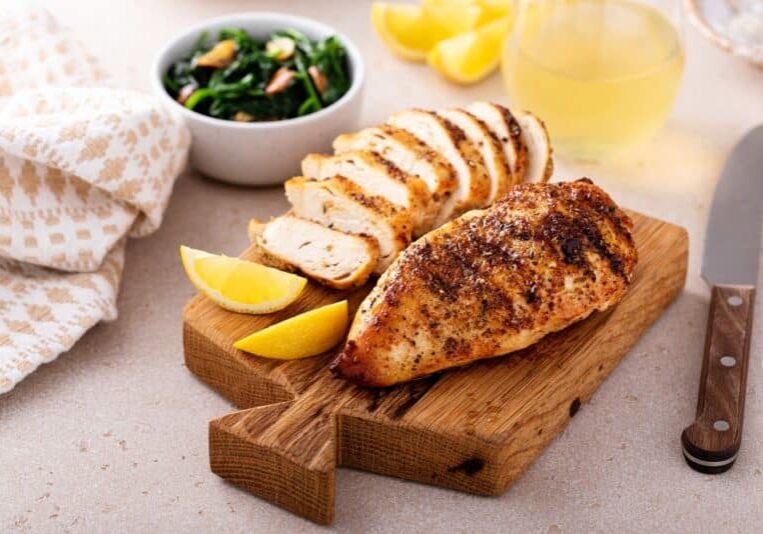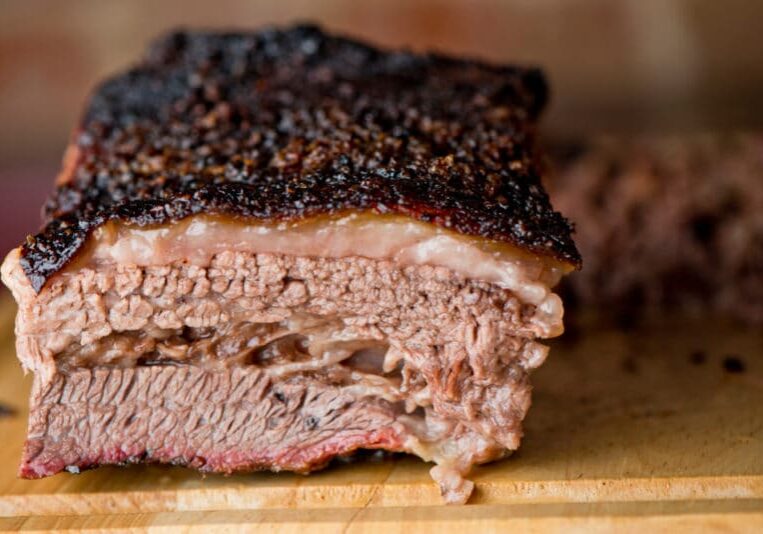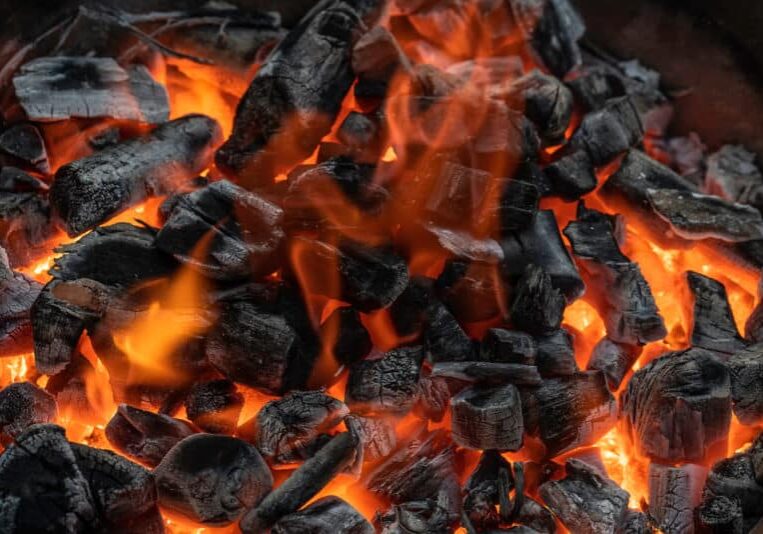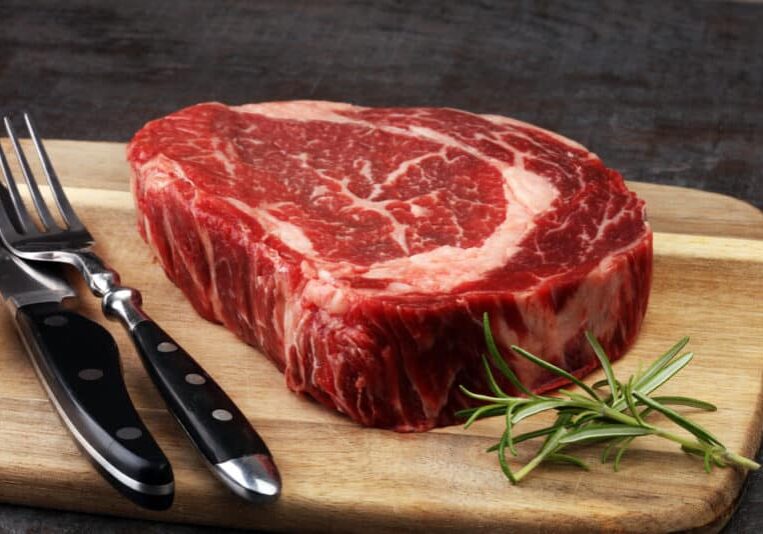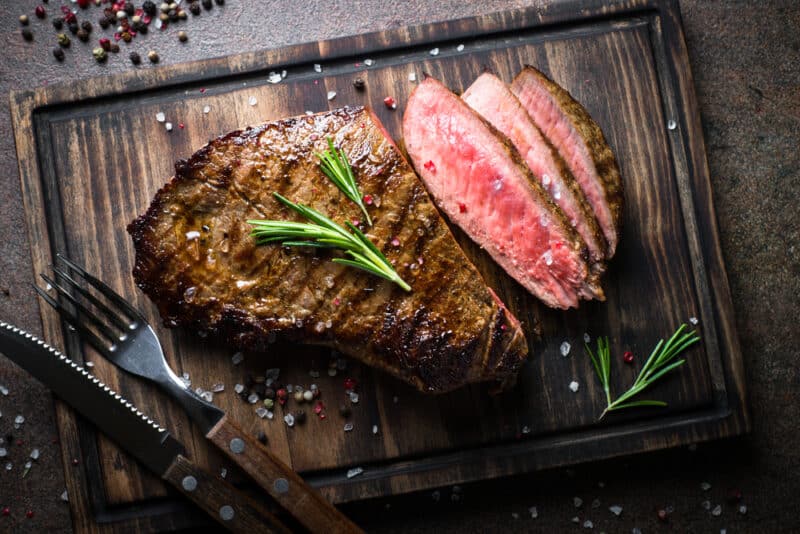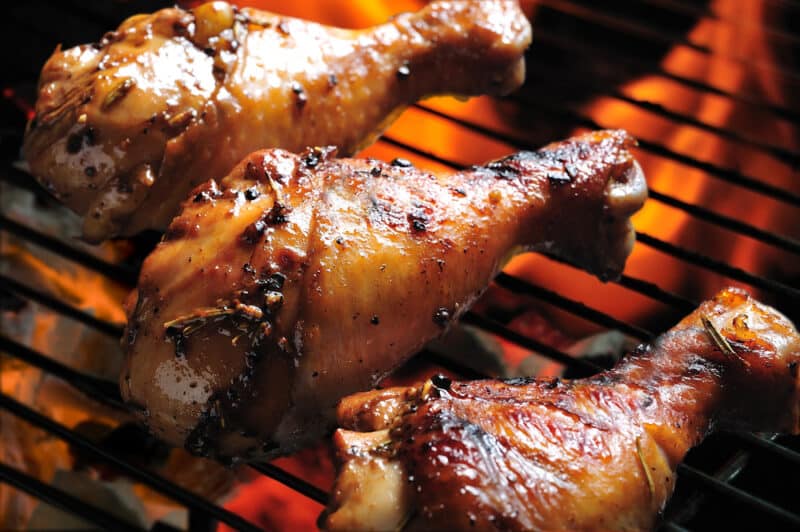Why Is Brisket So Tough?
TheGrillingMaster.com is reader-supported. If you buy something using the links on our site, we might earn an affiliate commission at no added cost to you. This helps us pay our staff to keep making awesome content for you!
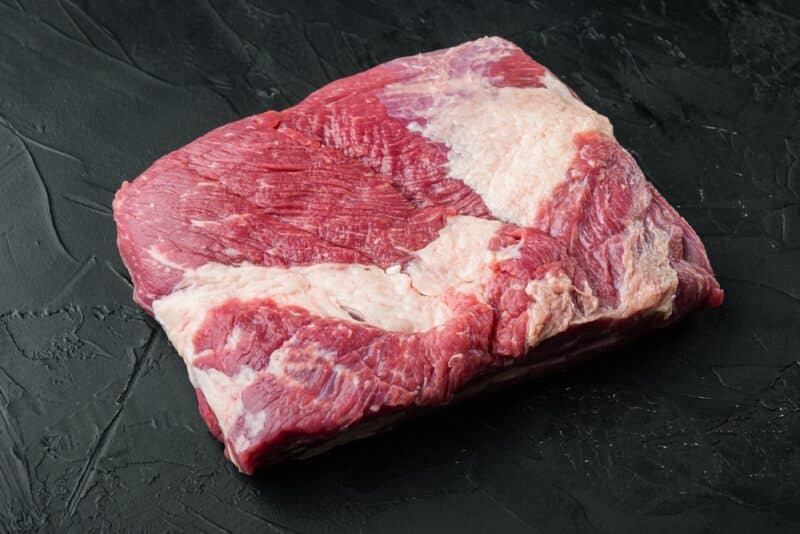
I know it can be frustrating to spend hours smoking a brisket and then find it’s tough and chewy instead of tender and juicy. In this article you will learn the reasons why brisket can be tough and what you can do to prevent it.
Why is the Smoked Brisket Tough?
Smoked brisket can be tough because of the dense connective collagen issue its made of. This is why we have to cook it low and slow for several hours.
The collagen in the meat breaks down at temperate of roughly 200 degrees. Even when doing a slow cook it is still possible to cook the meat for too long. If this happens, all the moisture will be lost and therefore leaving the meat tough and chewy. (Don’t let that happen!)
Overcooking the meat will cause it to become dry and tough… and this is the reason most people end up with tough brisket.
Not Choosing the Right Cut
Another reason why brisket can be tough is that you’re not using the right cut of meat.
There are two cuts of brisket: the flat and the point.
The flat is leaner, while the point has more fat.
Many people (including me) prefer the point because the fat melts during cooking which will keep the meat moist and tender. Your brisket may turn out tough and dry if you pick the wrong cut. So be aware when you buy it.
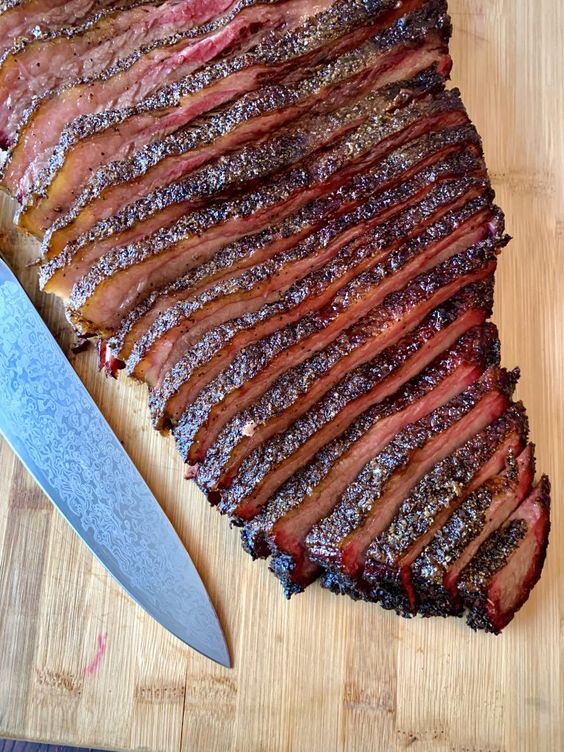
Not Brining the Brisket
Brining is the process of soaking meat in a saltwater solution before cooking it.
We do this because brining can help tenderize the meat and make it more flavorful. You should allow your brisket to brine for at least 24 hours.
This is a great method because helps to break down the muscle fibers and make the meat more tender. It also adds flavor to the meat by infusing it with the brine solution.
In simple terms, the salt in the brine pulls the juice out of the meat. Then after about 6 hours the juice flows back into the meat and takes the salt with it inside. This gives a wonderful flavor throughout the meat!
Not Cooking the Brisket for Long Enough
If you don’t cook the brisket for long enough it can also turn out tough because takes time to breakdown those tough connective tissues.
Brisket needs to be cooked low and slow! Remember that it can take up to 12 hours to cook a whole brisket.
If you rush the cooking process its a mistake because the meat won’t have enough time to break down the collagen and become tender. It’s important to be patient and give the brisket enough time to cook!
Not Tracking the Internal Temperature
Cooking brisket to the right temperature is key to making it tender. Sounds obvious right?
If you don’t track the internal temperature of the meat it’s very likely that you will end up overcooking or undercooking it.
The ideal temperature for brisket is around 195°F to 205°F. This is the best way to know when your brisket is done cooking.
You can use a meat thermometer to monitor the internal temperature throughout the cooking process.
Not Wrapping the Brisket
Wrapping the brisket is a technique used by many pitmasters to keep the meat moist and tender.
When you wrap the brisket in foil or butcher paper it creates a steamy environment that helps to break down the collagen and make the meat more tender.
This is a simple step that is mandatory in my opinion… and its so easy to do that you have no reason not to. (see below for an example with butcher paper)
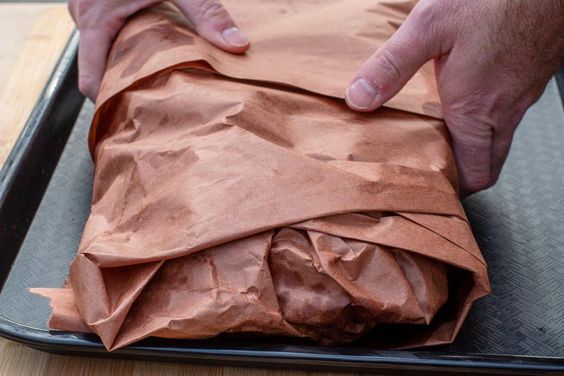
Slicing the Meat Before Resting
Resting the brisket is an important step in the cooking process.
When you take the brisket off the smoker or grill it needs to rest for at least 30 minutes to an hour before you slice it. This is where wrapping the brisket helps a lot to keep it warm.
Resting the brisket allows the juices to redistribute throughout the meat which will make it more tender and juicy. If you slice the meat right away all the juices will flow out… leaving you with a giant pool of red juice on your tray that should have been kept inside the meat.
Learn More About Grilling
If you want to learn more about grilling, check out these other helpful resources!

Kevin Turner
Hi there, I'm Kevin Turner, Founder and CEO of thegrillingmaster.com. I started this website to share my passion and knowledge with you. You can leverage my years of experience as a pit master and professional to grill great food!
About The Grilling Master
Hi there, I'm Kevin Turner, Founder and CEO of thegrillingmaster.com.
My passion has always been grilling, smoking and BBQ delicious meats that satisfy my inner carnivore!
I started this website to share my passion and knowledge with you, the hungry reader who wants to prepare the perfect meal.
You can leverage my years of experience as a pit master and professional.
Send me a message and let's connect on Twitter here.


